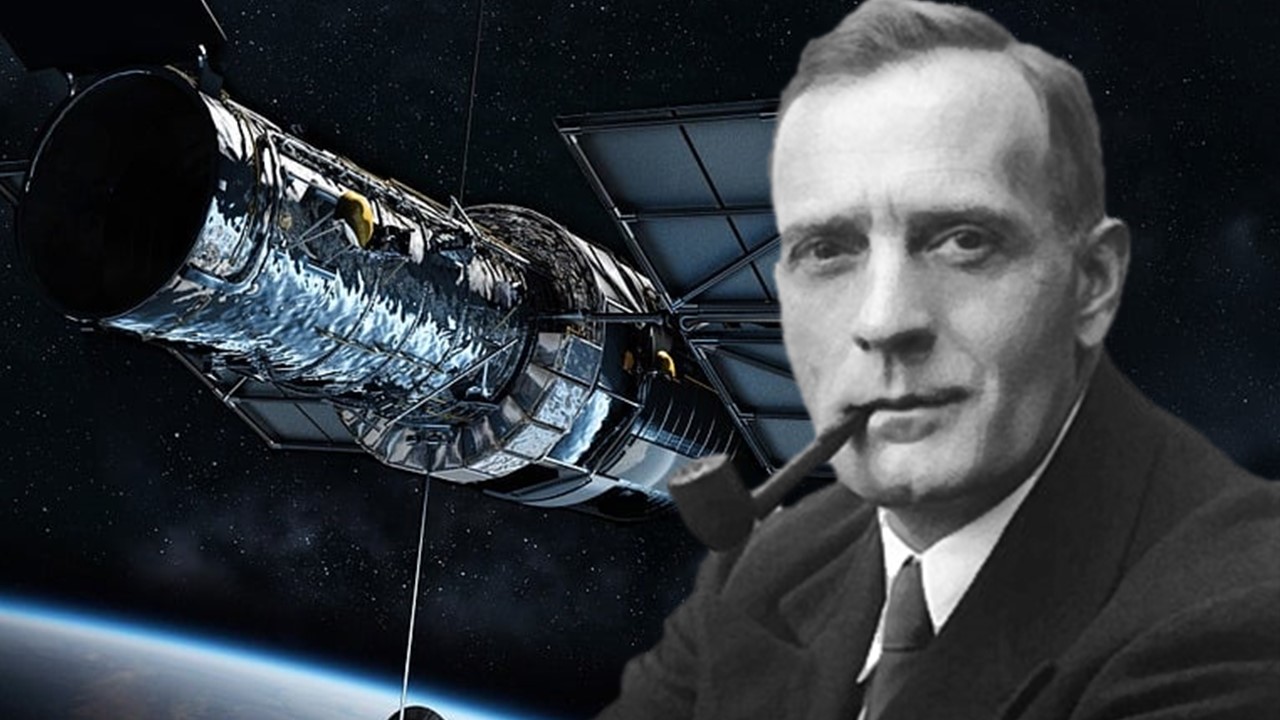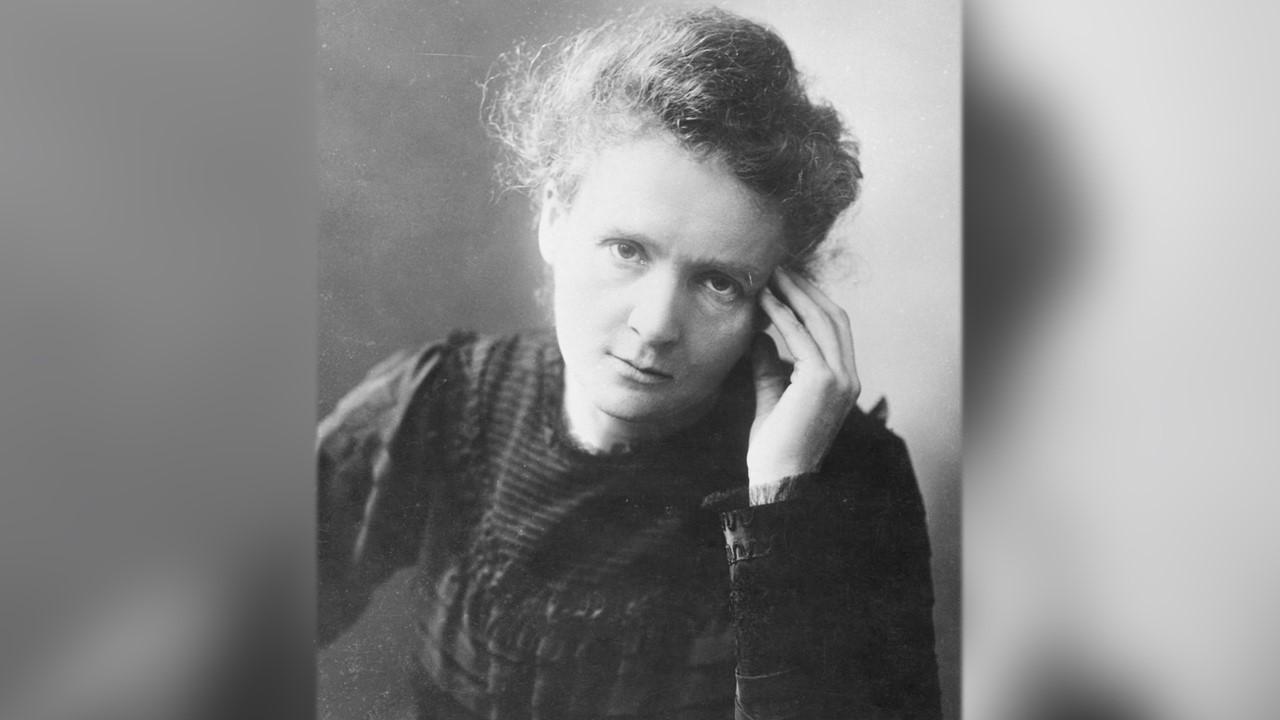
Edwin Hubble [1889-1953] was the first person to discover that the universe was expanding. He also found that Milky Way is just one of many galaxies in the universe. Thus, Hubble emerged as a pivotal figure in the field of astronomy in the 20th century.
Despite being a pioneer of his field, and doing work that revolutionized modern physics, why did American astronomer Edwin Hubble never win a Nobel Prize?
Early life
Hubble was more famous for his athletic prowess than scientific achievements in teenage life. He was gifted at baseball and football in high school. Not only that, Hubble led the University of Chicago's basketball team to their first major title in 1907.
Hubble's academic journey began with a bachelor of science degree, which he finished in 1910. As a college student, he served as a lab assistant to future Nobel laureate Robert Millikan, the discoverer of value of elementary charge.
Astronomy work
Hubble earned a law degree at Oxford University as a Rhodes scholar, demonstrating his diverse intellectual capabilities. He also studied Spanish for a while. However, his passion for science and astronomy prevailed over other interests.
In the 1920s, Hubble utilized a powerful 100-inch telescope at Mount Wilson Observatory in California to observe distant galaxies.
All the galaxies looked reddish in color. Like a siren whose sound gets lower and lower as it moves away. In terms of light, red is a color of low frequency. Hubble concluded that the galaxies were going away from us, so their wavelengths were stretched.
Ours was not a static universe like Albert Einstein had imagined, but it was an expanding universe, as Hubble had observed. This gave birth to the concept of the Big Bang theory.
Nobel prize
Edwin Hubble's notable contributions to the field of astronomy did not win him a Nobel Prize, and there are several reasons for this.
Firstly, at the time of Hubble's discovery in 1929, the Nobel Prize in Physics did not recognize work done in astronomy. Hubble spent the latter part of his career to have astronomy considered an area of physics.
Secondly, Hubble's work was truly groundbreaking, it changed our view of the cosmos, and the Nobel Committee may not have fully grasped the long-term implications immediately.
Thirdly, Hubble's work was more observational in nature and not supported by theory and experiment. It was dependent on Hubble's own interpretation of redshift data.
Legacy
Hubble's work was a key piece of evidence in supporting the idea of an expanding universe. Hubble has a crater on the moon and an asteroid named after him.

Hubble's legacy was further solidified when in 1990 Hubble Space Telescope was launched, capturing stunning images of distant nebulae, galaxies and other amazing cosmic phenomena.













 Physics, astronomy and science history blog for students
Physics, astronomy and science history blog for students